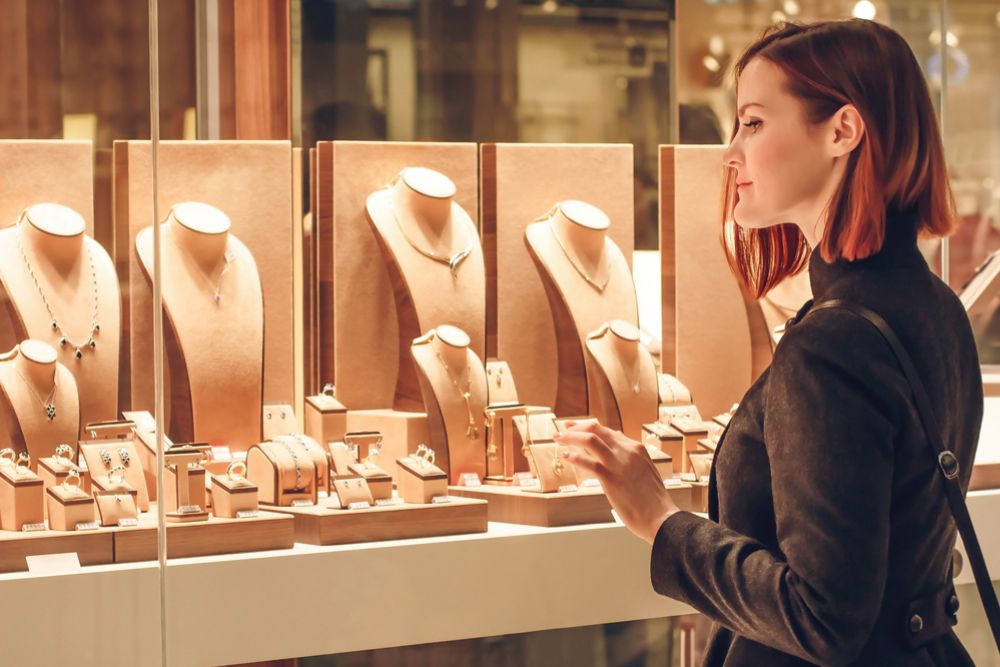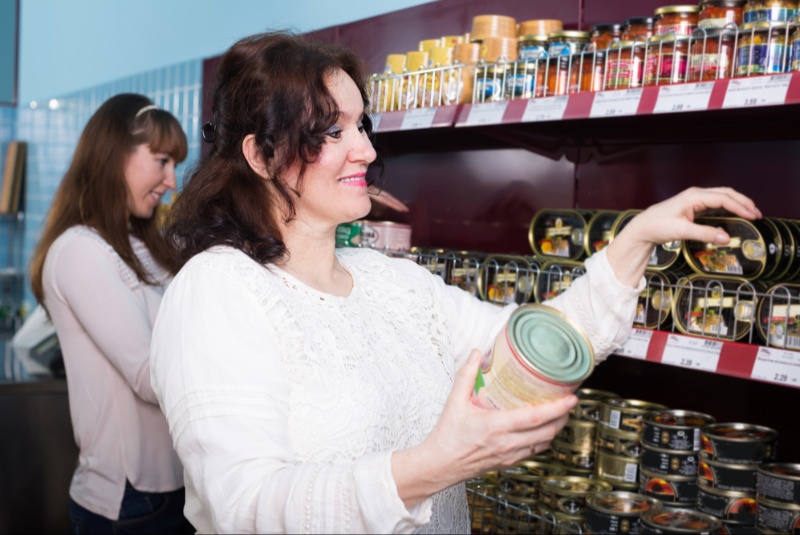Jewelry has long been seen as a symbol of beauty, luxury, status, and even love. From engagement rings and family heirlooms to fashion pieces and investment-grade gems, jewelry plays a role in many lives. But is it really worth the money? Or is it just another expensive indulgence that doesn’t hold its value?
The truth is: it depends. Buying jewelry can be meaningful and rewarding—or it can be a financial decision you regret later. Whether you’re shopping for yourself or someone else, it’s important to weigh the emotional, financial, and practical aspects of your purchase.
Let’s break down when jewelry is worth it—and when it might not be.
Jewelry as a Sentimental Investment
For many people, jewelry carries emotional value that far exceeds the price tag. A grandmother’s necklace or a wedding band isn’t just gold—it’s memories, milestones, and legacy.
Jewelry is often used to:
-
Celebrate life events (engagements, anniversaries, graduations)
-
Mark personal milestones or transformations
-
Pass down family history
-
Express love, appreciation, or cultural heritage
If the piece has strong sentimental value and brings joy for years to come, the purchase is often “worth it”—even if it doesn’t appreciate in price.
Jewelry as a Financial Investment
Not all jewelry holds its monetary value. In fact, most retail jewelry depreciates the moment it leaves the store—especially mass-produced pieces made with lower-quality materials.
However, certain types of jewelry can be considered an investment, such as:
-
High-quality diamonds with certification (GIA, AGS)
-
Natural, untreated gemstones
-
Solid gold (especially 18k or 24k) and platinum
-
Vintage or antique pieces with rarity and demand
-
Designer or limited-edition collections
For these pieces, value can increase over time—especially during inflation or when precious metal prices rise. But it’s important to buy from reputable sources, understand market trends, and avoid overpaying for branding or markups.
The Resale Reality
If you're buying jewelry thinking you'll resell it later for profit, proceed with caution.
The resale market is tough, and here’s why:
-
Retail jewelry has high markups (often 100–300%)
-
Resellers (pawn shops, dealers) offer far below retail
-
Trendy styles may lose value quickly
-
Appraisal value ≠ resale value
Unless you're dealing in investment-grade diamonds or metals, you’ll rarely get back what you paid.
That said, well-maintained classic styles or signed vintage pieces (like Tiffany & Co., Cartier, or Van Cleef & Arpels) tend to hold better long-term value than fast-fashion options.
Jewelry as Wearable Art
For those who love fashion, jewelry is more than just decoration—it’s expression. A great piece can elevate an outfit, boost confidence, and add personality.
When you see jewelry as part of your lifestyle or wardrobe, it may be worth the cost if:
-
You wear it often
-
It complements your style and brings joy
-
It’s versatile enough to match different occasions
-
You’re buying quality over quantity
Like buying a favorite bag or coat, good jewelry can become part of your signature look.
Comparing Cost vs. Usage
One way to measure value is by calculating cost per wear. If you buy a $500 necklace and wear it once a year, that's $500 per use. But if you wear it 100 times over five years, that drops to just $5 per use.
Questions to ask before buying:
-
Will I wear this regularly or is it for special occasions only?
-
Do I already have something similar?
-
Can I see myself loving it 5 or 10 years from now?
Impulse purchases often lead to regret. Thoughtful purchases tend to last longer in both style and value.
Custom vs. Mass-Produced Jewelry
Custom jewelry (bespoke rings, engraved necklaces, handmade designs) tends to carry more emotional weight—and often better craftsmanship—than fast-fashion pieces.
On the other hand, mass-produced jewelry:
-
May be cheaper up front
-
Often uses lower-quality materials or plating
-
Is less unique and more likely to tarnish or break
-
Rarely holds long-term value
If you want something that lasts, prioritize solid metals (like gold or sterling silver), high-quality stones, and trusted craftsmanship—even if it costs more up front.
Ethical and Sustainability Concerns
Another factor worth considering is where and how your jewelry is made. In recent years, more consumers are asking questions about:
-
Conflict-free diamonds and gems
-
Fair labor practices in mining and production
-
Environmental impact of gold and gem extraction
-
Lab-grown alternatives (diamonds and stones)
Ethically sourced or lab-created jewelry might be more expensive, but it can align better with your values—making it more “worth it” on a personal level.
When Jewelry Isn’t Worth It
There are times when buying jewelry might not be the best decision, such as:
-
Making a big purchase without doing research
-
Buying trendy items that go out of style quickly
-
Overextending financially for a luxury label
-
Treating jewelry like a short-term investment
-
Falling for sales pressure or emotional marketing
If a purchase strains your budget or leads to buyer’s remorse, the long-term satisfaction often fades fast.
Alternatives That Still Spark Joy
If you’re unsure about spending big on jewelry, consider lower-risk alternatives:
-
Vintage or estate jewelry shops
-
Secondhand marketplaces with authentication
-
Minimalist pieces in sterling silver or gold vermeil
-
Custom handmade pieces from local artists
-
Lab-created gems that look identical to mined ones at a lower cost
These options still provide beauty and meaning—without the heavy financial burden.
Tips for Smart Jewelry Buying
If you decide to go ahead with a purchase, here’s how to get the most value:
-
Set a budget before you shop
-
Compare prices and quality across multiple jewelers
-
Ask for certification for diamonds and precious stones
-
Research resale value (if important to you)
-
Read reviews and check store return policies
-
Prioritize pieces that are timeless and durable
It’s okay to splurge occasionally—but only if it aligns with your budget and long-term goals.
Final Thoughts
So, is it really worth it to buy jewelry? It depends on what you’re hoping to gain. For emotional value, self-expression, or celebrating life’s milestones, jewelry can absolutely be worth every penny. But if you’re expecting it to function like an investment or make you rich in the future, temper your expectations.
At the end of the day, value isn’t just about price—it’s about meaning, usage, and joy. If a piece speaks to you, fits your lifestyle, and brings lasting happiness, then yes—it’s probably worth it.





